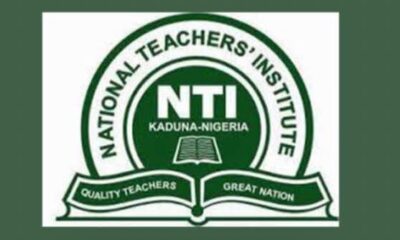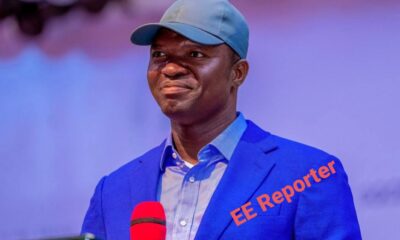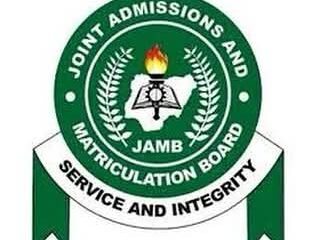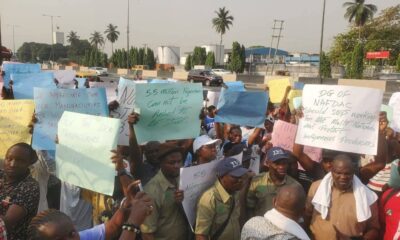Economy
NAPPS: Edo Private Schools Protest 300% Tax Hike

NAPPS: Edo Private Schools Protest 300% Tax Hike
NAPPS: Edo private schools protest 300% tax hike. He explained that increasing school fees would reflect poorly on Governor Monday Okpebholo’s administration.
The Edo chapter of the National Association of Proprietors of Private Schools (NAPPS) has faulted the state government’s over 300 per cent personal income tax increment for private schools in the state.
The group, which voiced its opposition at a news conference in Benin on Friday, noted that the arbitrary tax increase would negatively impact parents and schools in the state.
Lemmy Pare Russel, the state chairman of the association, said the increase would force private schools to raise their fees, potentially harming their operations.
He explained that increasing school fees would reflect poorly on Governor Monday Okpebholo’s administration, as it could make education less accessible to many families.
Mr Russell also emphasised that the briefing was triggered by the personal income tax assessments recently distributed to private school owners by the Edo State Internal Revenue Service (EIRS).
He stated that the aim of the briefing was to bring the attention of Mr Okpebholo to the sudden and unjustified tax hike on private school owners in the state.
He assured the state government that private schools would continue to pay taxes but demanded a fair tax structure because running a school was social service, not a business.
He mentioned that taxes were typically based on the profits from a business, but private schools were being charged minimum fees per student, adding that this would raise their financial burden significantly.
Mr Russell pointed out that many operational costs, such as local government levies, utility bills, and approval renewals, were not considered in the new tax regime, which added to the challenges faced by private schools.
He expressed concerns that some proprietors, who paid N400,000 in 2024, would now face over N6 million in taxes, indicating an over 1,500 percent increase, which could force some schools out of business.
Mr Russell noted that this increase affected private school owners across all three senatorial districts in Edo State, with tax hikes ranging from 600 to over 1,600 percent in various local governments.
In particular, private school owners in Ikpoba Okha and Oredo Local Governments saw their taxes rose drastically, with some facing increases of over N7 million, threatening their operations.
Mr Russell urged Mr Okpebholo to reduce personal income taxes for private schools to between 5 and 10 percent, as it was before his government took office.
In an interview with several school proprietors, including Peter Odion Okungbowa, Dr Mathew Nosa Omoragbon and Ojeh-Oziegbe Azuka appealed to the governor to intervene and prevent the closure of their schools due to the tax increases.
In his reaction, the executive chairman of the Edo State Internal Revenue Service (EIRS), Oladele Bankole-Balogun, dismissed the claims, explaining that the EIRS does not have the authority to raise taxes arbitrarily.
Mr Balogun emphasised that taxation was governed by law and that no tax could be increased without due legislative process.
“The Revenue Service cannot unilaterally increase taxes for private schools. That claim is false.
“Tax laws are determined by statute, meaning we cannot wake up one day and decide to impose new taxes. Every tax is itemised by law,” he said.

NAPPS
Mr Balogun maintained that complaints about higher tax demands may stem from stricter enforcement rather than any actual increase.
He pointed out that the EIRS was actively ensuring compliance, particularly among individuals and businesses that had previously underreported or evaded taxes.
“The only authority that can increase tax rates for the state is the State House of Assembly, acting on the recommendation of the Executive Governor, and always in line with federal tax laws,” he explained.
He urged Edo residents to embrace taxation as a civic duty, stressing that tax revenue was essential for government projects, including roads, schools, hospitals, infrastructure, and security.
Economy
Lagos Assembly Strongly Seeks Suspension Of Makoko Demolition
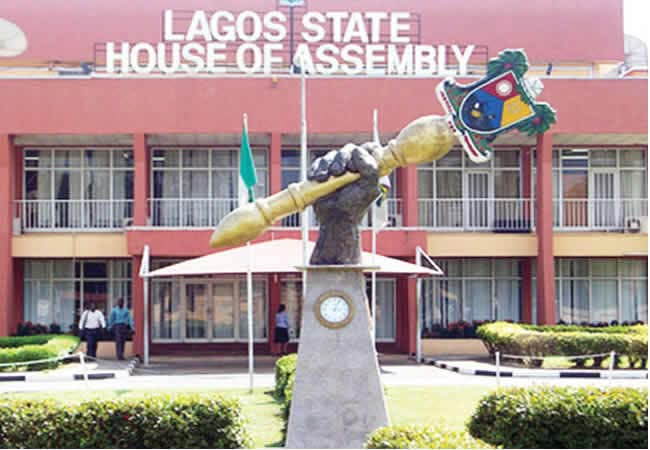
Lagos Assembly Strongly Seeks Suspension Of Makoko Demolition
Lagos assembly strongly seeks suspension of Makoko demolition. The Lagos state house of assembly has called for the suspension of demolition activities in Makoko, Oko-Agbon and Shogunro waterfront communities following protests by displaced residents and growing public concern over the exercise.
The call was announced on Tuesday by Noheem Adams, chairman of an ad hoc committee set up by Mudashiru Obasa, speaker of the house, during a stakeholders’ meeting held at the Lateef Jakande auditorium.
Adams called on all state ministries to cease demolition work and promised compensation to the affected residents.
“On behalf of the speaker and all 40 members of the house, we are directing that all demolitions in Makoko, Oko-Agbon, and Shogunro communities should stop from today until further notice,” New Telegraph quoted Adams as saying.
He called for transparency by demanding the full list of taskforce members and the criteria used for engagement, insisting that residents must be actively involved in the process.
“That the taskforce that was constituted, we want to see the list of the taskforce because we want the residents to be duly involved and to be carried along. So we want to have the schedule of those task forces and the criteria for those that we are inviting,” Adams added.

Lagos Assembly
“To the residents of Makoko, Oko-Agbon and Shogunro communities, as your representatives, we are giving you all assurances that they will stop demolitions henceforth and there will be compensations for all those whose properties have been demolished.”
Stephen Ogundipe, member of the ad-hoc, said there is need for clear communication, adding that residents targeted for relocation or redevelopment must be informed of the government’s plans in advance.
Babatunde Olajide, special adviser to governor of Lagos on E-GIS and urban renewal, confirmed that $2 million had been earmarked since 2021 to transform Makoko into a modern, internationally compliant water city.
He said enumeration of affected properties is underway and reiterated the administration’s commitment to handling the situation with a human face, prioritizing resident safety and fair compensation.
Yusuf Sagra, baale of Makoko, described the assembly’s decision as a “word of peace,” while Orioye Ogungbure, another leader of the community, praised the “democratic responsiveness” of the government.
Crime
EFCC Arrests Kannywood Star, Samha Inuwa for Alleged Naira Mutilation In Viral Video
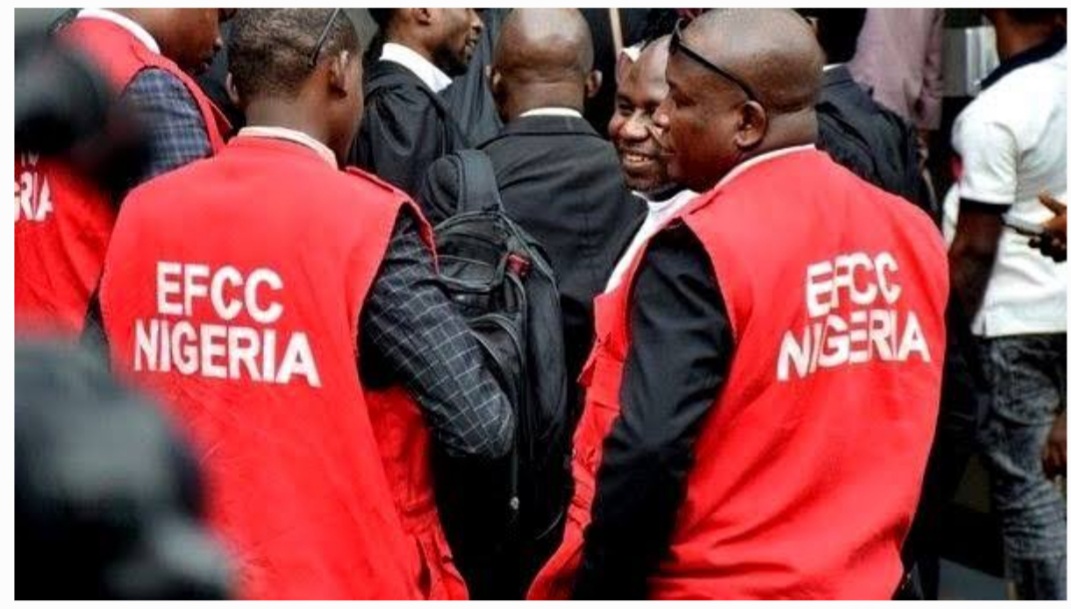
EFCC Arrests Kannywood Star, Samha Inuwa for Alleged Naira Mutilation In Viral Video
EFCC arrests Kannywood Star, Samha Inuwa for alleged naira mutilation in viral video. The Kano Zonal Directorate of the Economic and Financial Crimes Commission, EFCC, on Tuesday, February 3, 2026 arrested a Kannywood Star, Samha Inuwa over alleged Naira mutilation.
Inuwa was arrested following a viral video circulated on social media platforms where she was seen conspicuously cleaning mucus from her nose using Naira notes.
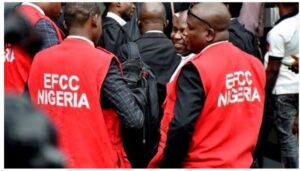
EFCC
Following the release of the viral video, the Commission swung into action by tracing and subsequently arrested her to answer questions.
She is currently being held at the Commission’s detention facility while investigation is ongoing.
The suspect will be charged to court upon conclusion of investigations.
Dele Oyewale
Head, Media & Publicity
February 3, 2026
Economy
Access Bank Gets New Board Chair Ifeyinwa Osime
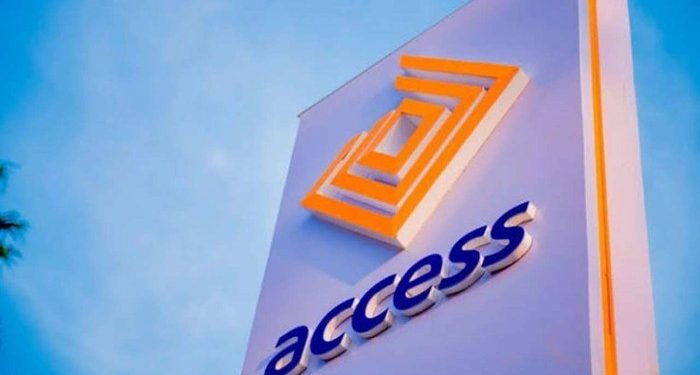
Access Bank Gets New Board Chair Ifeyinwa Osime
Access Bank gets new board chair Ifeyinwa Osime. Access Bank Plc has appointed Ifeyinwa Osime as chair of the board of directors, following the retirement of Paul Usoro, on January 29.
Access Bank Plc has appointed Ifeyinwa Osime as chair of the board of directors, following the retirement of Paul Usoro, on January 29, according to a statement to the Nigerian Exchange Ltd. on Monday.
Ms Osime, a legal practitioner, joined Access Bank’s board in November 2019 as an independent non-executive director and had chaired its Human Resources and Sustainability Committee and the Governance, Nomination, and Remuneration Committee. This role made her contribute significantly to the bank’s corporate governance, leadership development, and sustainability initiatives.
Additionally, Ms Osime is a director at Ebudo Trust Ltd. and a partner at McPherson Legal Practitioners, where she advises on corporate and commercial matters and contributes to strategic leadership.
She is also a member of the Nigerian Bar Association, the Women Corporate Directors, Nigeria Chapter, and the Chartered Institute of Directors, Nigeria, where she serves on the Executive Committee of the Women Sectoral Group.
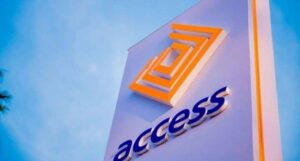
Access Bank Gets New Board Chair Ifeyinwa Osime
Beyond her professional responsibilities, Ms Osime is committed to mentoring youths and is actively involved in the Autism and Developmental Delays Support Community, reflecting her dedication to inclusion and social impact.
Speaking on her appointment, the group chairman, Aigboje Aig-lmoukhuede, said, “Mrs Osime is a principled and experienced leader with a deep understanding of the Bank’s strategy and values.
“She has demonstrated strong commitment to the bank’s vision and mission, and I am confident that, under her leadership, the bank will continue to advance its strategic objectives of delivering sustainable value to shareholders and other stakeholders in the pursuit of its vision to become the world’s most respected African bank.”
Mr Aig-lmoukhuede also congratulated Mr Usoro on the completion of his tenure and on his exemplary leadership, dedication, and significant contributions to the group, saying he remains a valued member of the Access family.
-
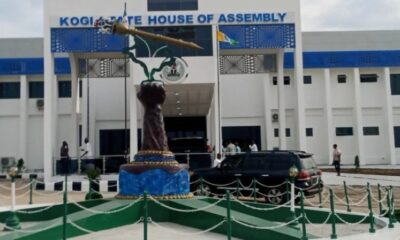
 Crime9 months ago
Crime9 months agoKogi Assembly Considers Law To Regulate Rent, Establish Control Board: Tenancy Law
-
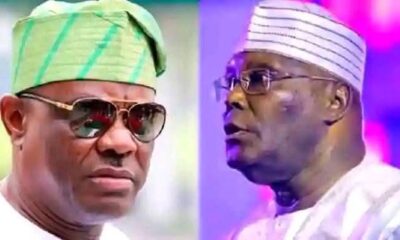
 News10 months ago
News10 months agoAtiku Reveals Why He Failed To Pick Wike As Running Mate In 2023
-

 Crime12 months ago
Crime12 months agoFederal High Court Jails 2 For Vandalizing Transformer, Telecom Mast In Kogi
-
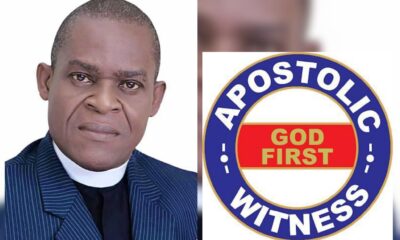
 Akwa Ibom1 year ago
Akwa Ibom1 year agoThe Apostolic Church Gets New Territorial Chairman, Exco
-
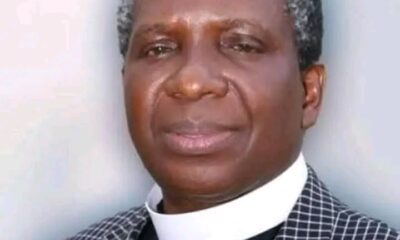
 News12 months ago
News12 months agoThe Apostolic Church Gets New National President, Executive
-
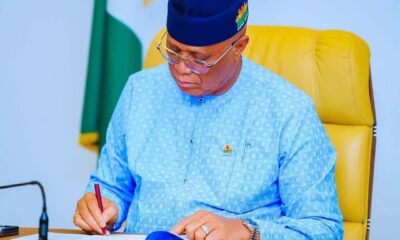
 Akwa Ibom1 year ago
Akwa Ibom1 year agoUmo Eno Commences Payment Of 80,000 Naira Minimum Wage With Arrears
-

 News11 months ago
News11 months agoSenator Natasha Returns To Senate With Husband Amid Seat Dispute
-
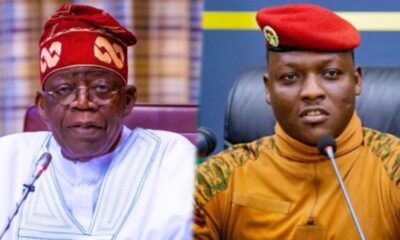
 Economy9 months ago
Economy9 months agoKiyosaki: Is Tinubu’s Government Afraid Of Ibrahim Traore?

